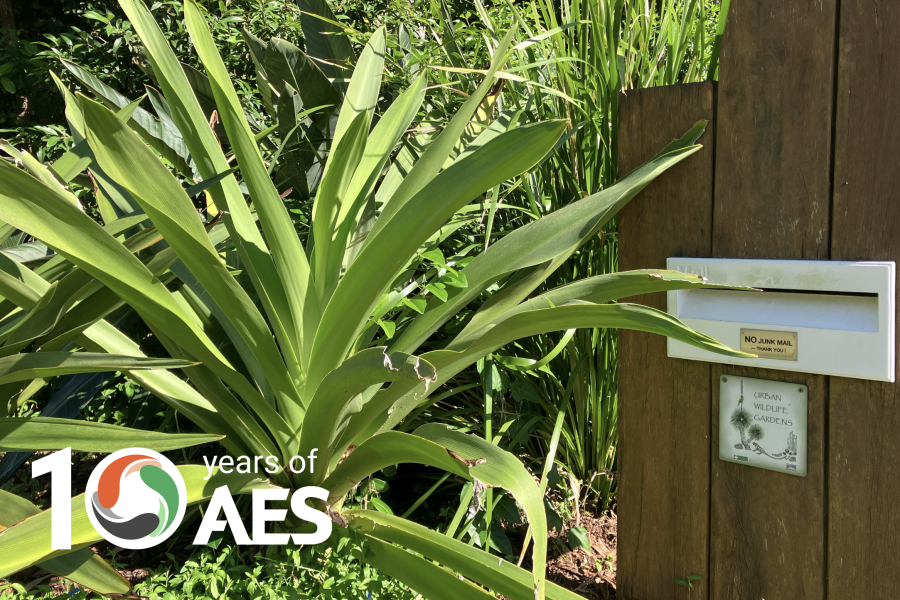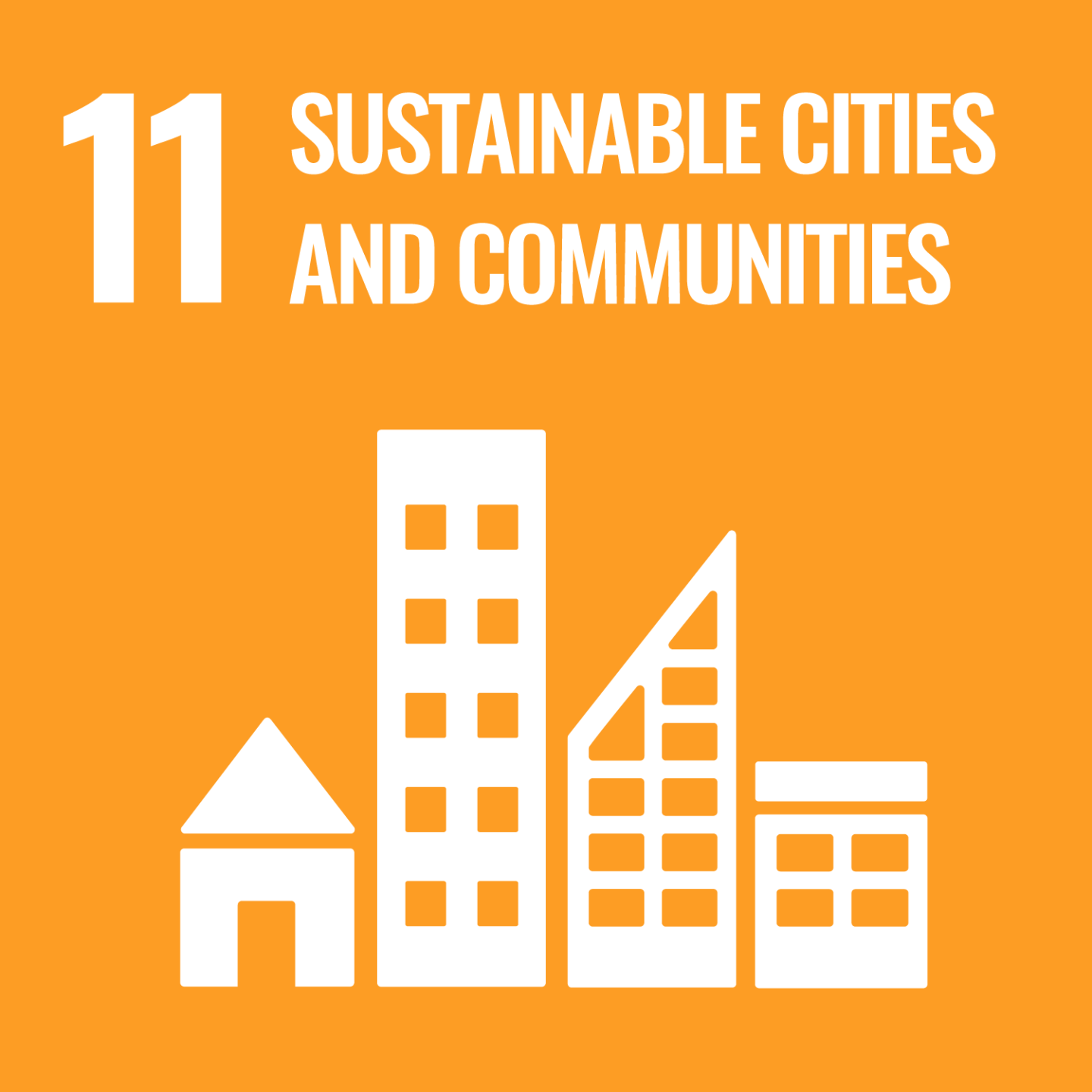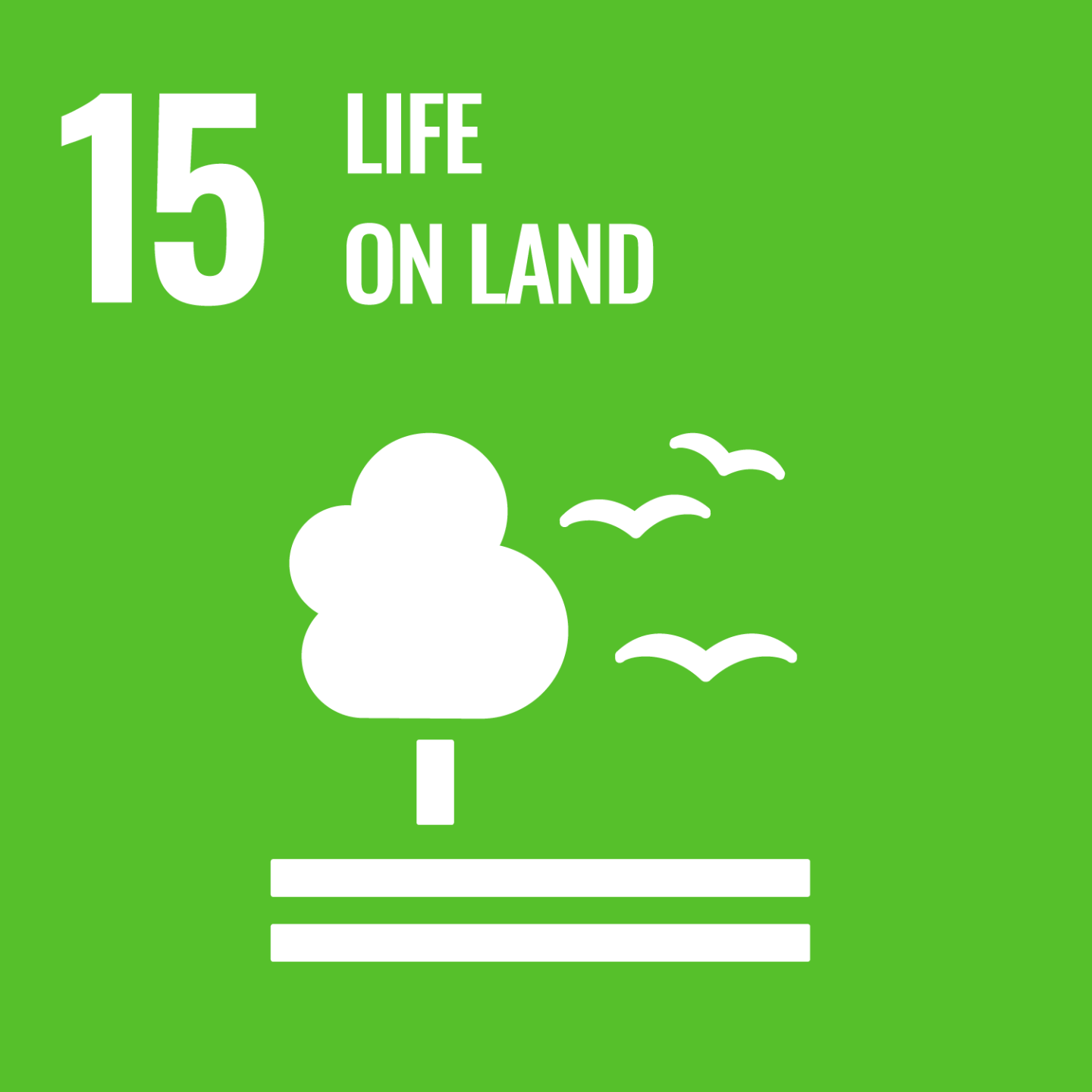
Biodiversity in Our Backyards
How Native Gardens Boost Sustainability
Native gardens are becoming essential features of sustainable urban living, offering numerous environmental benefits right in our own backyards. By planting native species, we help support local wildlife, improve soil health, and reduce the need for water, pesticides and fertilisers. Native gardens are more than just aesthetically pleasing, they are vital ecosystems that foster biodiversity and strengthening the resilience of our urban environments.
Supporting Local Wildlife
One of the greatest advantages of native gardens is their ability to provide essential habitat for local wildlife. Birds, insects, small mammals and reptiles find food, shelter and nesting opportunities among native plants helping sustain local populations threatened by habitat loss.
Skinks and geckos, for example, thrive in these urban garden environments using ground cover, rocks and native flora. They also control insect populations naturally further contributing to garden health.
Native plants are also uniquely adapted to the local climate, requiring less water, fertilisers and maintenance than exotic species. This makes them not only biodiversity friendly but also cost-effective, reducing resource consumption while creating a self-sustaining ecosystem.
A Community Approach to Restoration
In Noosa, not-for-profit organisations like Urban Wildlife Gardens (UWG) are pioneering efforts to integrate native gardens into environmental restoration initiatives. Through home garden visits, UWG provides expert advice on enhancing biodiversity in residential spaces and offering free native plants tailored to local conditions. They also distribute educational newsletters, inspiring residents to transform their backyards into thriving ecosystems that support native flora and fauna.
By restoring urban habitats, these initiatives help conserve endangered species while strengthening regional biodiversity.
Community-driven approaches such as these demonstrate how small, individual actions can collectively contribute to broader environmental goals. Learn more about how UWG is transforming urban spaces with native gardens at https://urbanwildlifegardens.org.au.
Making an Impact Through Native Gardening
Choosing native plants for our gardens isn’t just about aesthetics, it’s a powerful step toward environmental sustainability. These simple yet meaningful changes enhance local ecosystems while supporting global efforts to preserve biodiversity. By embracing native gardens, we contribute to broader ecological goals that align with global conservation efforts, including the United Nations Sustainability Development Goals.
Native gardens advance the following Sustainability Development Goals.



Our Commitment
Applied Environment & Safety’s Director, Melanie Dixon, has been a member of UWG for over five years and is committed to gardening which supports local biodiversity. Melanie has targeted the removal of environmental weeds from her garden and planting with local species suited to the micro-climates of the garden. Melanie says that “The birds, insects and lizards that are attracted to my garden is quite amazing”.
For more information on Applied Environment & Safety’s commitment to environmental sustainability, click here.
